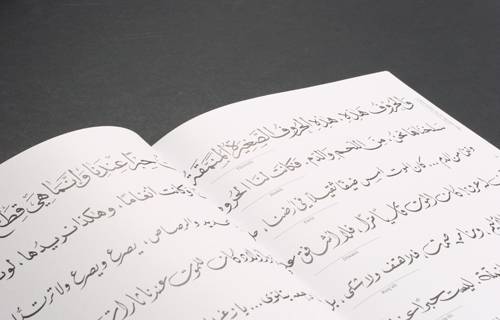Did You Know There Were 150 Lebanese People on the Titanic?
Chances are, wherever you look, you’ll find Lebanese people—even on the Titanic.
On April 14, 1912, the Titanic, the largest ship of its time, set sail from London to New York across the Atlantic Ocean. This famous vessel carried passengers from many countries, all seeking a new life. Among them were Lebanese passengers who boarded the “unsinkable” ship in hopes of a better future.
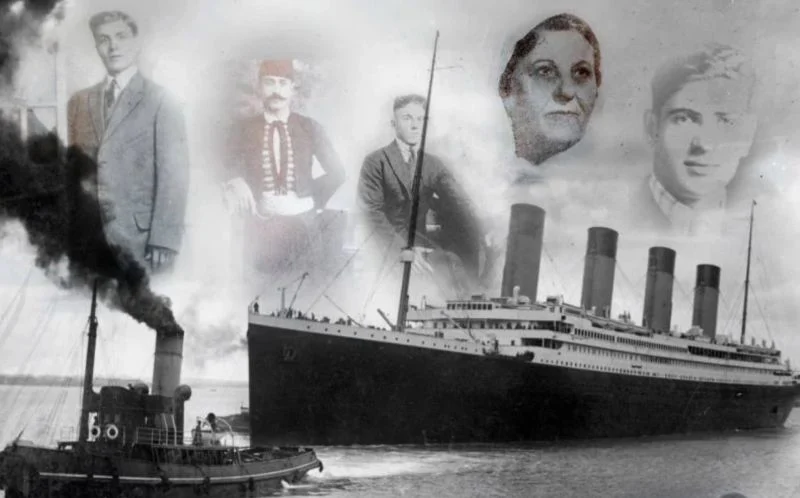
Credits: L’orient Le Jour
Four days after setting sail, the Titanic struck an iceberg and subsequently sank, resulting in the loss of 1,517 lives out of the 2,223 passengers on board. You’ll be shocked to learn that about 150 of those passengers were Lebanese, including 60 from the village of Hardine. Dr. Rafik Bassil mentioned them in his book Maseerat al-Batalat wal-Din bi-Baladat ath-Thalathin Hardine.
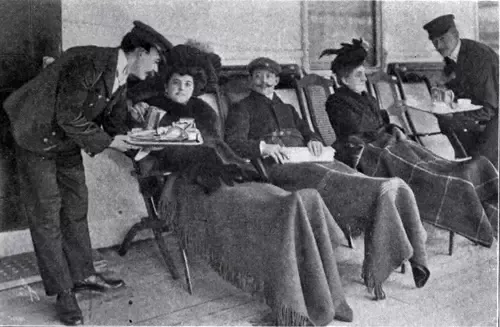
According to L’Orient, the Lebanese passengers were in pursuit of the American Dream. Many people rushed to board what they called “the fastest boat to New York”. Some of the names recorded included Sheikh Nassif Abu al-Mona, Hussein (a relative’s son), Shaanineh Shahine, Gerges Abi Saab, Hanna Touma and his wife Zahia Khalil, Neemtallah Hardini, Joseph Elias and his two sons, among many more.
Unfortunately, the victims of this tragedy were likely recorded according to nationality. Most of their names remain unknown to this day. Dr. Basil relied on the accounts received from survivors who managed to reach their families in America. People waiting for the passengers to arrive were able to identify their relatives as missing or deceased.
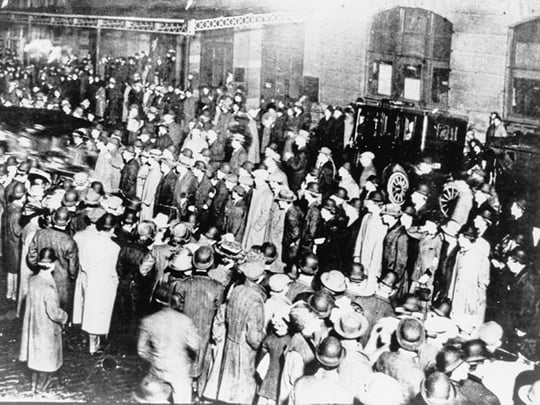
Though a great deal of passengers were from Hardine, the list of victims included people from Zgharta, Bekaa, Tyre, and Beirut. Though there are no exact numbers, some sources claim that around 30 of the Lebanese passengers survived.
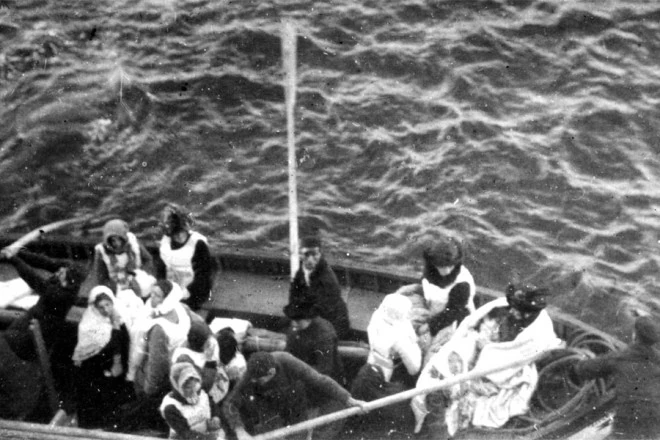
To this day, the village of Hardine commemorates the anniversary of its residents who drowned in the Titanic with a song:
“Ibki wa nouḥi ya Hardine ‘ala ash-shabban al-gharqaniin
Gharaq minnak 11 shabb bi-san al-khams wa ‘ishriin
Minhum 7 ‘azzabi wa al-baqiyyah majuwwaziin”
Which loosely translates to:
“Cry and lament, O Hardin, for the drowning young men
Eleven youths drowned from among you, aged twenty-five
Of them, seven were bachelors, and the rest were married”
Here’s the text in Arabic:
“إبكـي ونوحـي يـا حـرديــن ع الشــبّــان الغرقـانـيـن
غرق منّك 11 شب بسنّ الخمس وعشرين
مـنـهــم 7 عــزّابـــي والــبــقـــيّــة مــجــوّزيــن
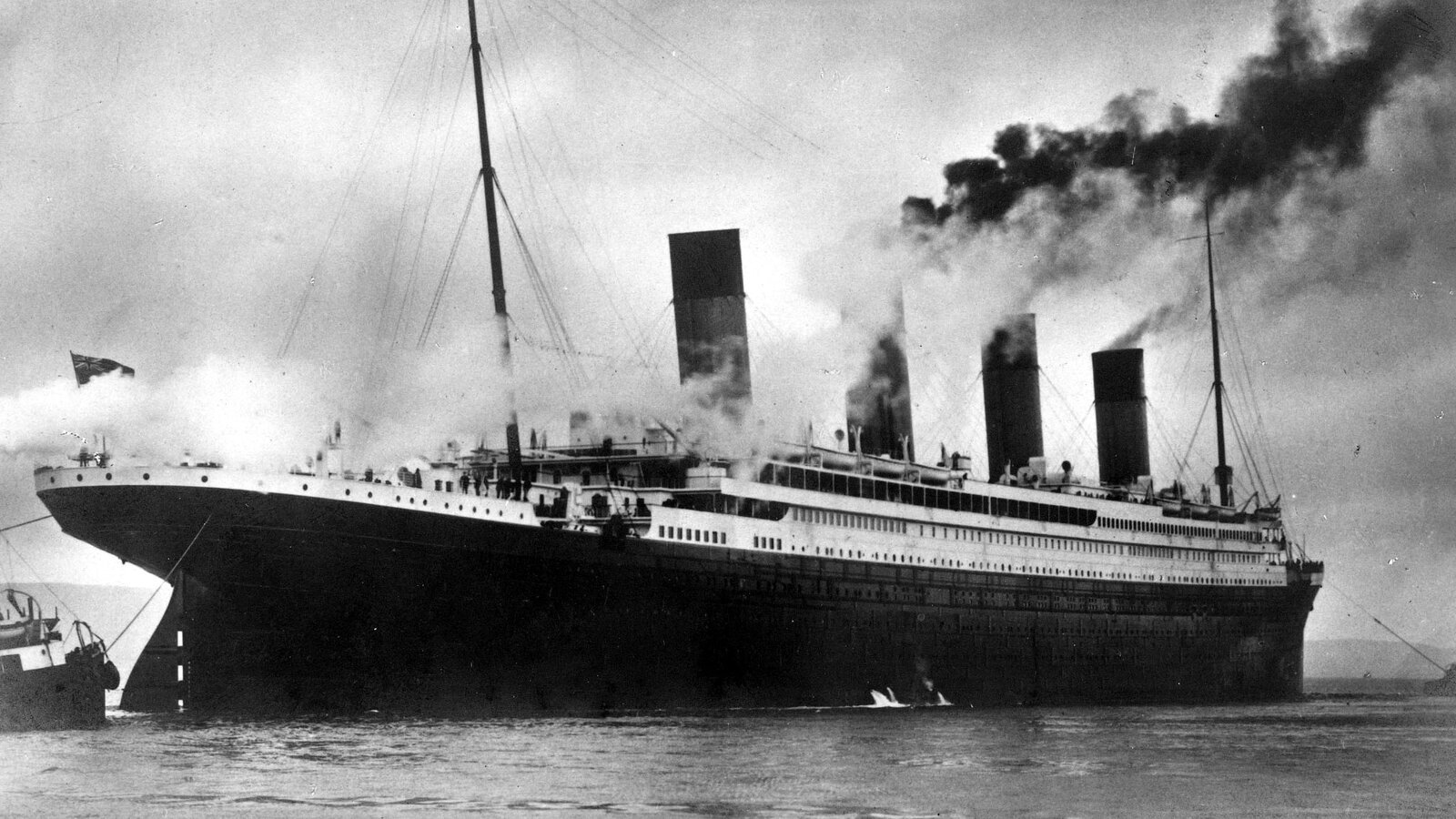
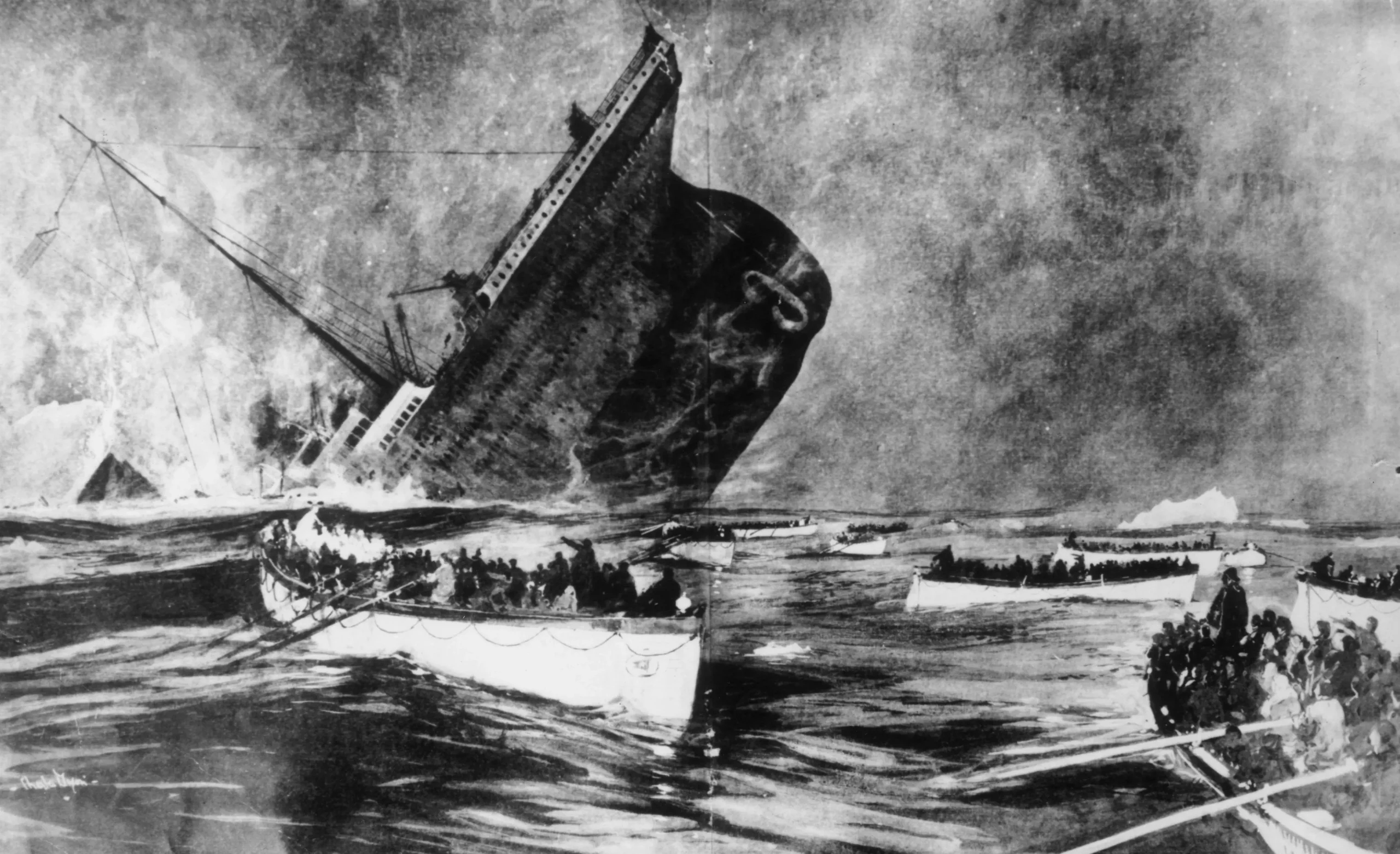
If you enjoyed this read, you might want to browse the #Historical Snapshot section on our website.


